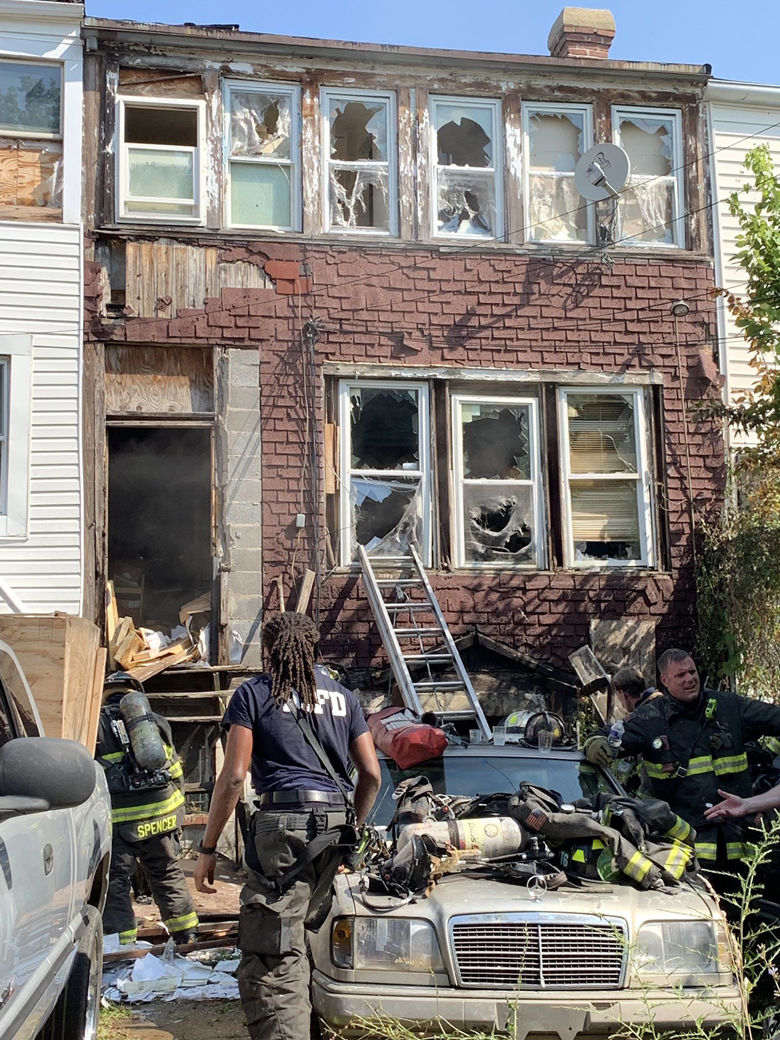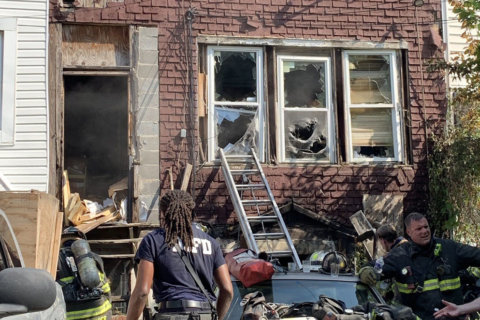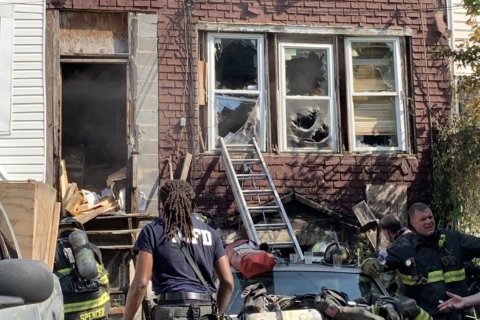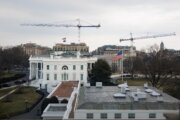D.C. Council members want to know why a father and son who were living in a Northwest house that the District knew was unsafe died, and why the fire response to help them was delayed.
The Aug. 18 fire claimed the lives of 9-year-old Yafet Solomon and his father, 40-year-old Fitsum Kebede. D.C.’s Department of Regulatory Affairs later confirmed the building was unlicensed and unsafe to live in.
The overcrowded row house was mostly filled with Ethiopian immigrants working to send money to their families. The tenants told regulatory officials that the building was partitioned into a dozen tiny rooms, some no larger than a queen-sized mattress, The Associated Press reported.
Five residents are still displaced after the fire. The property owner is in the crosshairs of a criminal investigation.

An independent report, requested by the mayor shortly after the fire, was released to the council in early October, finding that DCRA knew about the unsafe, illegal living conditions inside 708 Kennedy St. NW five months before the fire.
“None of the nine employees that were aware of 708 Kennedy entered it into the case management file,” said D.C. Council member Elissa Silverman, I-At Large.
There was significant discussion during the joint committee hearing Monday that DCRA employees failed to use technology to track and audit property inspections.
“Nothing I say will bring them back,” said DCRA Director Ernest Chrappah in explaining the changes made at the agency in response to the report. “That is why we’ve spent so much effort in reforming our standard operating procedures and increasing the level of accountability and transparency.”
The question the council is considering is whether that will be enough.
“I’m concerned because we’ve been here before,” said Council member Brianne Nadeau, D-Ward 1, in response to Chrappah’s outlined changes.
“The bottom line is if you put all these protocols in place, if DCRA doesn’t have the infrastructure to follow up on these complaints, we’ll be no further along,” she said.
The report found that for the District’s 120,000 rental units, it has only 23 certified housing inspectors. There are 60 civilian inspectors, who Chrappah said are not trained in building code and therefore can only flag potential violations.
“We need to be inspecting these properties, and we don’t have enough people to do it,” Nadeau said.
Multiple public witnesses testified to similar living conditions that are going unaddressed across D.C.
“DCRA might as well have set this fire itself,” said Stephanie Bastek, of the D.C. Tenant Union. She argued that the agency has demonstrated flaws in its reporting and accountability for years, without any action by the D.C. Council.
As to the delay in dispatching firefighters to the house, Director of Unified Communications Karima Holmes testified that the four-minute delay in sending help stemmed from confusion.
Because a police officer radioed the emergency in to a police dispatcher, it was difficult to relay that message to the fire response system, said Holmes, who didn’t offer details.
The police dispatcher had likely never issued a fire response before, she said.
“This process should have been five minutes quicker than what actually happened,” said Joseph Paprillo, of the D.C. Firefighters Union, when he testified.
Beyond the late start, the firefight was hampered by the conditions inside the two-story row house.
D.C. Fire Chief Gregory Day said, shortly after the fire, that about eight people had been living in the house that had narrow halls, broken smoke detectors and barred exits.







